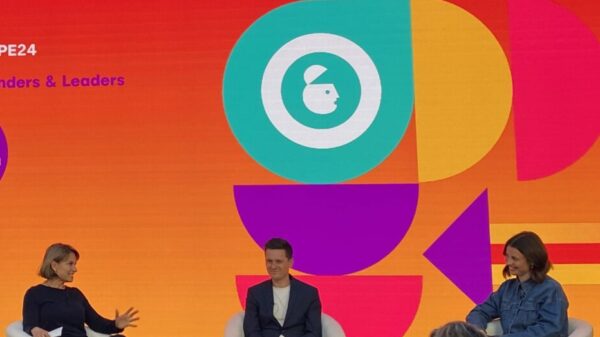Google’s new ‘helpful content update’ is set to affect marketers and their use of SEO to gain traffic.
The update aims to ‘better reward’ content which leads visitors to feel they have had a satisfying experience, while content that disappoints will not perform as well.
Sites will be rewarded for creating ‘useful’ content that fulfil audiences’ needs and demands, while sites that create content purely to rank well with SEO will be penalised.
The latest update will see Google favouring ‘satisfying’ websites that have a primary focus and demonstrate first-hand expertise and a depth of knowledge.
In a blog post published last week, the company’s search quality team member Chris Nelson gave advice on how creators should abide with the update.
READ MORE: Google removes over 3.4 billion ads in 2021
“Content created primarily for search engine traffic is strongly correlated with content that searchers find unsatisfying,” he said.
Nelson suggested that sites should avoid producing lots of content on different topics in hopes that some of it might perform well in search results. He also condemned extensive automation, summarising “what others have to say” and writing about things “simply because they seem trending”.
He added: “Does your content promise to answer a question that actually has no answer, such as suggesting there’s a release date for a product, movie, or TV show when one isn’t confirmed?”
The update, which is rolling out this week, will introduce a ‘new site-wide signal’ that will automatically identify content that seems to have little value.
Nelson continued: “A natural question some will have is how long will it take for a site to do better, if it removes unhelpful content? Sites identified by this update may find the signal applied to them over a period of months.”
“Our classifier for this update runs continuously, allowing it to monitor newly-launched sites and existing ones. As it determines that the unhelpful content has not returned in the long-term, the classification will no longer apply.”
The classifier process is completely automated, using a machine-learning model. The signal is also weighted, meaning sites with lots of unhelpful SEO content may notice a stronger effect.
The update will be implemented into English searches globally before expanding into other languages.
Click here to sign up to Marketing Beat’s free daily email newsletter









